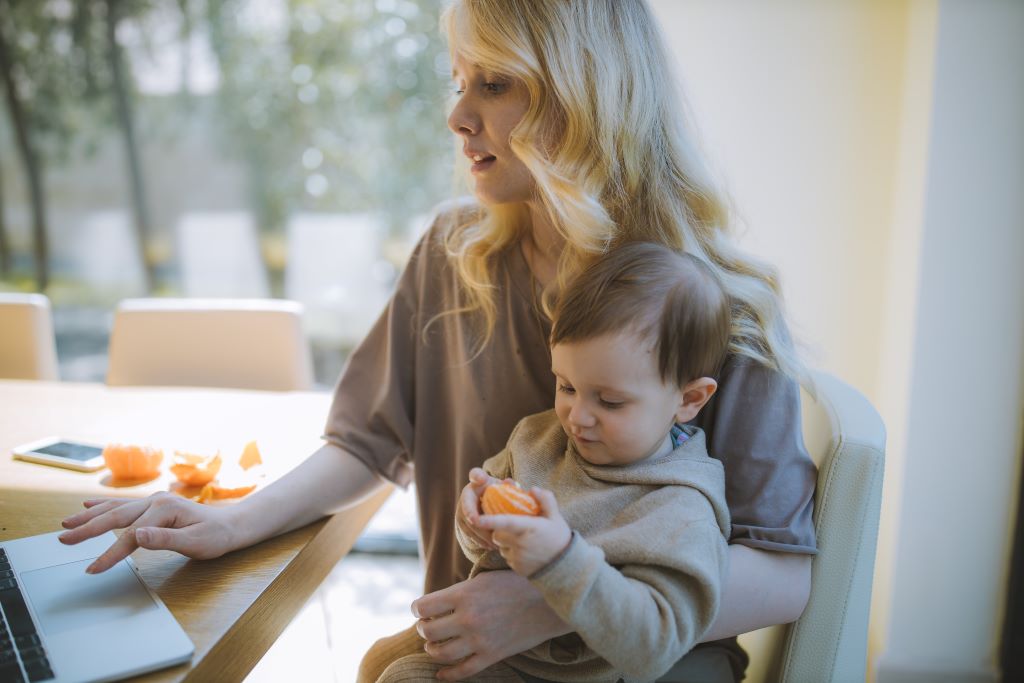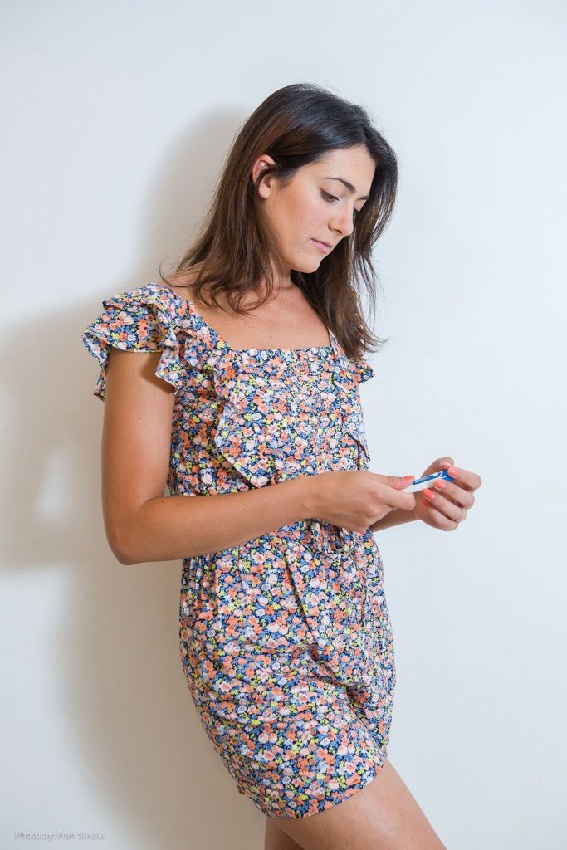
“When it came to parenthood I chose not to have a child because memories still haunt me on how my mother struggled with parenthood …“
When there were too many kid-related errands, my mother would break down and cry, calling out to no one in particular: ‘When is it my turn?!’
Any time I try to make sense of my aversion to motherhood and my utter glee over having escaped it, my mind immediately turns to the “mother-daughter day” my mom took me out of school for in the spring of 1975, a year before she and my father split up.
Our midweek adventure came as a complete surprise to me, although I was happy for the day off from fourth grade, as any nine-year-old would be. It was going to be a special day for just us, my mother promised. We were headed to the Metropolitan Museum of Art in Manhattan, and to lunch at a fancy restaurant.
She’d buried the lede, though, neglecting to warn me about the first stop on the drive from our house on Long Island: a red-brick three-storey office building in Lynbrook, where her therapist practiced.
“This is Mrs Abramson,” my mother said, directing me to sit on the couch beside her. “I come here every week to talk to her about my feelings.”
Mrs Abramson was a matronly older woman in a navy polyester dress, with a bouffant helmet of hair dyed flat brown. She focused her eyes on me intently and smiled artificially.
I was so confused – was I just along for the ride on one of my mother’s boring adult errands? Or did I have a role here? Was I in trouble for something?
After an awkward pause, Mrs Abramson nodded to my mother, who then turned to me. “I know you really loved Nanny,” she said, referring to my maternal grandmother, my favorite person in the world, who’d died of breast cancer three years before, “but she wasn’t a very nice mother to me. She wasn’t warm to me the way she was to you. She was cold and selfish.”
My mother launched into a laundry list of grievances tied to parenthood. She recounted instances in which my grandmother left her and my uncle alone for whole days at a time when they were still small, so she could take long drives by herself, despite my mother’s tearful pleas for her not to leave. She said Nanny was emotionally handicapped, not “mother material”, because her own mother had died when my grandmother was just three, in 1919, at the end of the influenza epidemic. After my grandmother’s mother passed, her father couldn’t handle raising a toddler by himself. He had a nervous breakdown and sent my grandmother away to live with an aunt. My mother insisted that this series of tragic events rendered Nanny incapable of being nurturing.
I listened intently, but the information did not compute. No one showed me more love than Nanny had. Before she died, I would frequently sleep over on Saturday nights. It was the highlight of my week. Kindred creative spirits, Nanny and I would draw and paint together. We’d watch Shirley Temple movies and sing along to Animal Crackers in My Soup. Sunday mornings, we’d watch Wonderama and dance together, pretending we were right there on the set.
I wasn’t yet old enough to know that grandparent-child relationships can be much easier than parent-child relationships, or to realize that I had come along just in time to serve as a welcome distraction from the cancer that was killing Nanny, which might have led her to be warmer to me than she’d been to my mother.
Before I had a chance to fully consider the alternate version of Nanny my mother presented in her therapist’s office, she moved on to an even more stunning reveal: She and my father were considering separating.
Read the full article here…
Author: Sari Botton
What are your thoughts about parenthood and motherhood? Share your thoughts with our followers…contact us or send us an email at [email protected]




